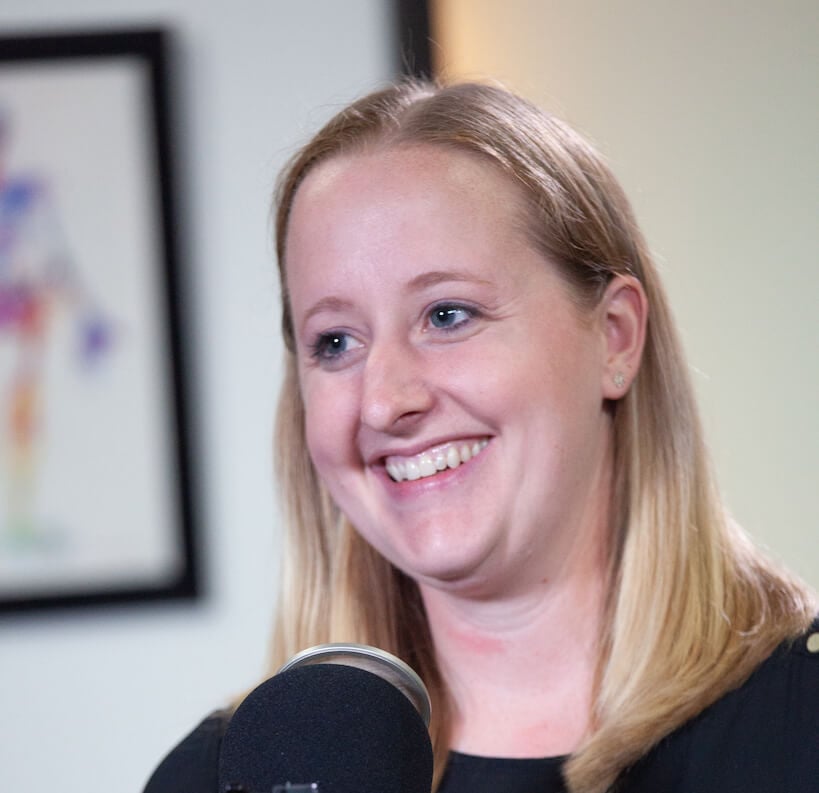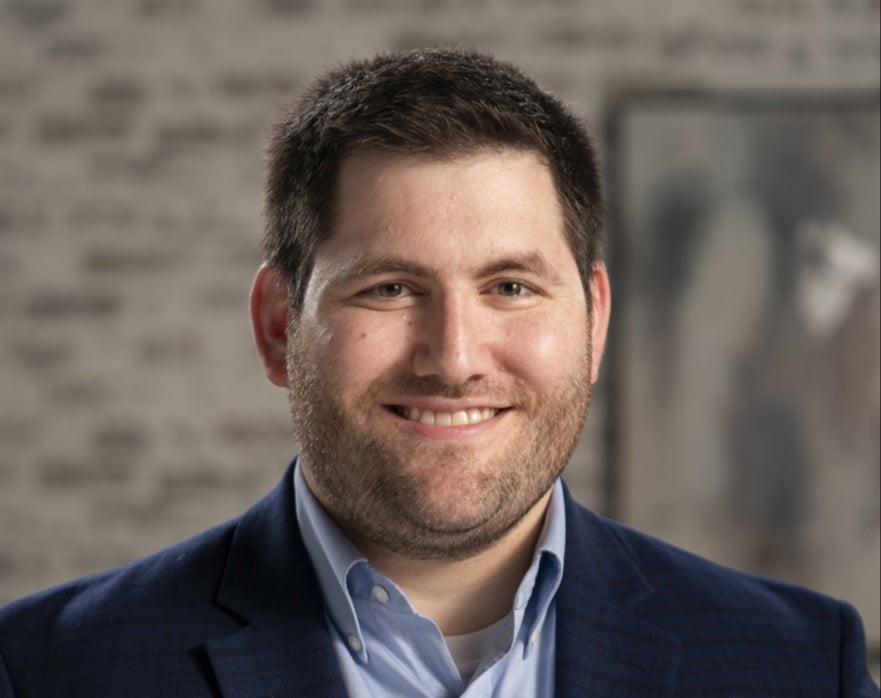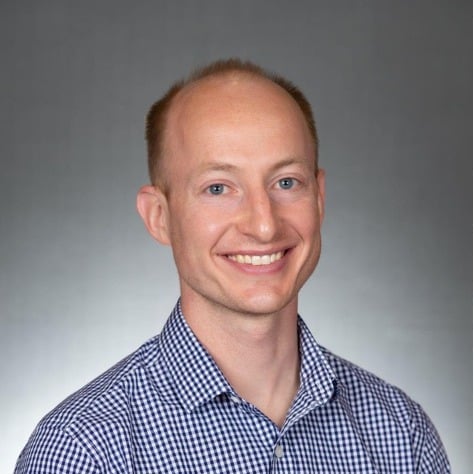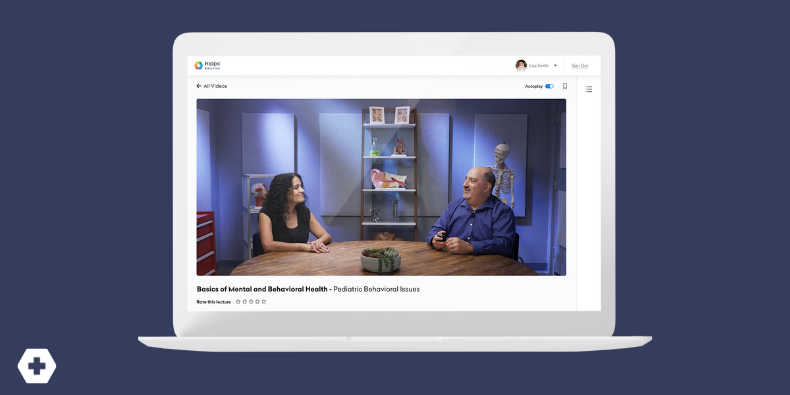
Mental Health Training for Primary Care and Urgent Care
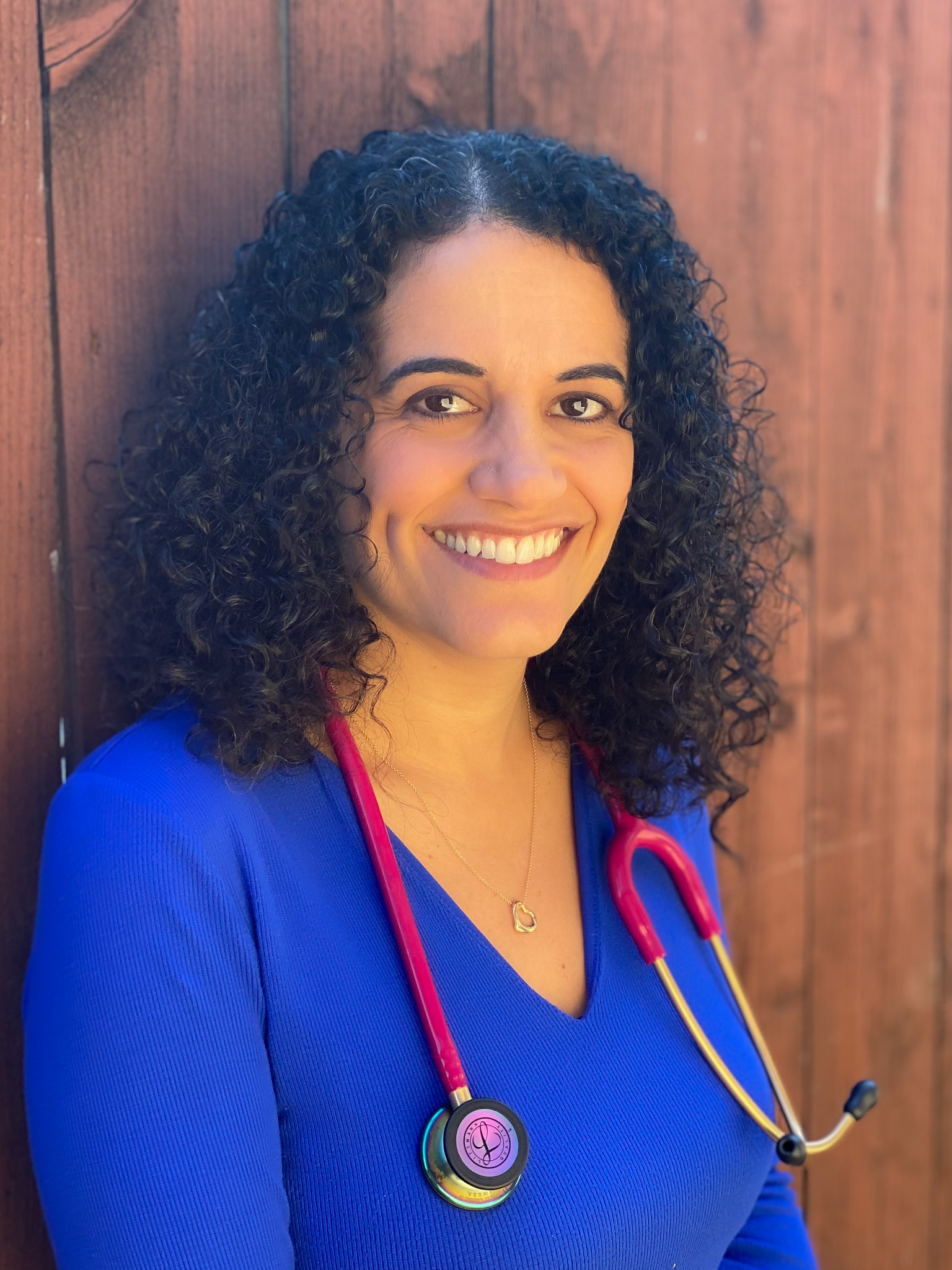
Mental health might not be what we trained for, but in primary care and urgent care, it’s become a core part of the job. Managing anxiety, depression, and ADHD can be a daily challenge, especially when psychiatric support is limited.
Teens who can’t sleep, who mention scary thoughts in passing. Parents who burst into tears two minutes into the visit. Adults with chest pain and racing thoughts. Once you rule out a physical cause of symptoms, what happens next? How can you make sure they get the treatment they need?
When I walk into a room with a wheezy toddler or a barky cough, I don’t feel particularly distressed. I know how to escalate care if needed, and I know what treatments will help this kiddo (and their parent) breathe better.
But tell me the chief complaint is “anxiety,” and suddenly my own heart starts to race. I immediately start stressing out. What if they need meds, and it’s a long wait to see a psychiatrist? Should I start them on treatment? How do I make sure I choose the right med and right dosing?
The Mental Health Crisis (and the Clinician Crunch)
For much of my career, I was able to manage mental health conditions by listening with empathy, offering coping strategies, and making referrals.
But that landscape has changed.
Now I’m seeing more patients with anxiety, depression, and emotional distress—and fewer reliable places to send them. Waitlists are months long. Insurance coverage is spotty. Families are stretched thin. And referring out just isn’t enough.
The numbers are staggering. Nearly 1 in 3 adults will experience an anxiety disorder in their lifetime. Substance use disorders are on the rise. And the mental health crisis in youth has reached a fever point. In 2023, 40% of high school students reported persistent feelings of sadness or hopelessness.
And yet more than 150 million Americans live in mental health provider shortage areas.
So who’s picking up the slack? We are. Clinicians managing depression and substance use disorder, screening for anxiety disorders in 10-minute visits, and deciding how to treat ADHD in kids—all without specialty support.
This is not sustainable.
Mental Health Bootcamp: Training for Primary Care and Urgent Care
That’s where Hippo Education’s Mental Health Bootcamp comes in. It’s designed for busy clinicians, including those in family medicine, internal medicine, pediatrics, and urgent care settings, who are increasingly managing mental health without easy access to psychiatry support.
Whether you’re trying to work up the nerve to start prescribing psych medications or you’ve been doing it for years and want to sharpen your skills, it’s the training you didn’t get in residency.
The Mental Health Bootcamp covers the spectrum:
-
▪️Mood disorders
-
▪️Anxiety disorders
-
▪️Psychotic disorders
-
▪️Neurodevelopmental disorders (like autism and ADHD)
-
▪️Substance use disorders
-
▪️Perinatal mental health
-
▪️Personality disorders
-
▪️Eating disorders
-
▪️Geriatric psychiatry
Whether you’re focused on pediatrics, geriatrics, or anything in between, there’s something here for you. Each episode distills evidence-based care into real-world, digestible pearls. It feels like learning from your favorite attending—the one who gets it, who never makes you feel dumb, and who knows you’ve only got 15 minutes per patient.
Bonus: it’s worth up to 20.25 AMA PRA Category 1 Credit(s)™ just by watching and learning.
A Few Favorite Clinical Pearls
It’s easy to get overwhelmed by all the treatment options out there. After all, there’s a reason our psychiatry colleagues spent years in training learning all about the nuances of treating mental health conditions.
But it doesn’t have to be so complicated. We can shoulder the load as front-line clinicians and focus on the parts that are more straightforward. Some of my favorite pearls from Mental Health Bootcamp to cut through the noise:
Managing depression in adolescents? Fluoxetine is the first-line SSRI.
How to treat ADHD in kids? Follow the AAP guidelines:
-
▪️Ages 4–5: Start with Parent Training in Behavior Management (PTBM)
-
▪️Ages 6–11: Combine PTBM and stimulant medication
-
▪️Ages 12 and up: Begin with stimulant medication
Screening for anxiety disorders? Use the GAD-7. And always screen for suicidality—those with anxiety are at higher risk. SSRIs and SNRIs are first-line for anxiety across the board.
Need to taper off benzodiazepines? Decrease by about 25% per week or the simplest dosage increment, then taper the last 50% of the total dose more slowly than the first. If on high dosage, you’ll want to wean more slowly, and you’ll get step-by-step guidance for doing that.
Substance use disorders? Language matters. Shift from “addict” to “person with a substance use disorder.” For alcohol use disorder, medications like naltrexone and acamprosate can be first-line options alongside behavioral therapy.
Personality disorders in primary care? These can be tough to spot and even tougher to manage. For borderline personality disorder, set firm boundaries, stay consistent, and refer for dialectical behavior therapy (DBT).
Perinatal mental health? Screen early and often. Psychotherapy is first-line for mild to moderate symptoms. For moderate to severe cases, SSRIs like sertraline are recommended—especially postpartum.
Autism screening in primary care? The AAP recommends screening all children at 18 and 24 months using the M-CHAT-R/F. If you’re concerned, refer early, even if the diagnosis isn’t confirmed yet.
These are the kinds of clinical takeaways that make treating mental health in primary care feel less terrifying and more like a skill you can master.
Why This Matters
The credit’s nice. But the real win is having the confidence to help when there’s no one else on their care team. To know the first-line treatment for anxiety in adults. To understand when to refer, when to start meds, and when just being present is enough.
If you’ve ever felt ill-equipped and overwhelmed by your patient’s mental health needs, you’re not alone. But that doesn’t mean you have to stay stuck.
The mental health crisis is here—and it’s not going anywhere. But with tools like Mental Health Bootcamp, we can step up, step in, and make a difference. Not just for our patients, but for ourselves.
Practice-Changing Education
Experience education that goes beyond theory. Explore Hippo Education’s offerings below.



